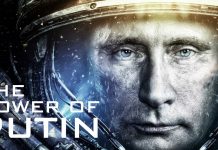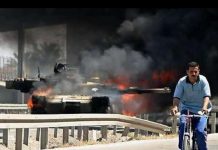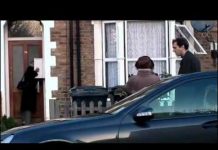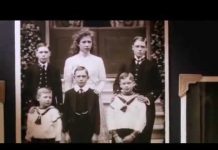In the heartland of Russia, nestled 100 kilometers southwest of Moscow, lies an enigmatic place known as Durakovo, or the “Village of Fools.” At its helm is Mikhail Morozov, a staunch Russian patriot, devout Christian, and accomplished businessman. The magnetic allure of Durakovo draws people from all corners of the vast Russian landscape, each seeking to uncover the essence of what it means to be a “true” Russian.
The premise is intriguing yet somewhat perplexing: those who choose to join the Village of Fools willingly relinquish their former rights and embrace the stringent rules set forth by Morozov. Here, the very fabric of society is interwoven with a profound respect for the “vertical of power,” echoing the sentiments of Russia’s influential leader, President Putin.
Within the Village of Fools, a diverse tapestry of power dynamics converges—political, spiritual, and administrative. Residents come together for semi-private gatherings, led by the enigmatic Morozov, where they engage in fervent discussions about the future of their homeland, their ambitions, and their unwavering commitment to the ideals of “God, Tsar, and the Fatherland.”
The documentary “For God, Tsar and the Fatherland” delves deep into the heart of this Russian enclave, peeling back layers to reveal the intricate motivations that underpin contemporary Russian patriotism. It offers a compelling exploration of what propels these citizens to stand firmly against the principles of democracy, an ideology that has taken root in much of the Western world.
At the core of this narrative lies a profound question: What drives the resurgence of Russian patriotism in the 21st century, and why do the residents of Durakovo vehemently reject the tenets of democracy? The answers, as unveiled in this thought-provoking documentary, offer a unique perspective into the cultural, political, and ideological forces shaping Russia today.
“For God, Tsar and the Fatherland” provides an intimate window into the hearts and minds of those who seek solace and meaning within the confines of Durakovo. It captures the essence of a society where conformity to a strict code is embraced as a means of achieving a collective vision—a vision that aligns with the sentiments expressed by President Putin.
As we journey through this captivating exploration, we are invited to contemplate the intricate tapestry of Russian identity, patriotism, and the delicate interplay between tradition and modernity. It is a story that defies easy categorization, challenging preconceptions and sparking a nuanced conversation about the complex forces shaping Russia’s cultural and political landscape.
Whether you approach this documentary with curiosity, skepticism, or a genuine desire to understand, “For God, Tsar and the Fatherland” offers a compelling narrative that will leave you pondering the enduring legacy of Russian patriotism and the choices individuals make in pursuit of their ideals.

































